To provide the best experiences, we use technologies like cookies to store and/or access device information. Consenting to these technologies will allow us to process data such as browsing behaviour or unique IDs on this site. Not consenting or withdrawing consent, may adversely affect certain features and functions.
The technical storage or access is strictly necessary for the legitimate purpose of enabling the use of a specific service explicitly requested by the subscriber or user, or for the sole purpose of carrying out the transmission of a communication over an electronic communications network.
The technical storage or access is necessary for the legitimate purpose of storing preferences that are not requested by the subscriber or user.
The technical storage or access that is used exclusively for statistical purposes.
The technical storage or access that is used exclusively for anonymous statistical purposes. Without a subpoena, voluntary compliance on the part of your Internet Service Provider, or additional records from a third party, information stored or retrieved for this purpose alone cannot usually be used to identify you.
The technical storage or access is required to create user profiles to send advertising, or to track the user on a website or across several websites for similar marketing purposes.
 A new poll from Apogee Corporation claims that current workplace environments are failing to cater to different personality types, leading to significant collaboration challenges, reduced productivity and potentially driving away ‘talent’. The survey of 1,001 UK employees in mid-sized businesses suggests that 79 percent of workers struggle with meeting technology when collaborating with colleagues. This is particularly detrimental to extroverts, with 84 percent reporting a drop in productivity while working remotely. (more…)
A new poll from Apogee Corporation claims that current workplace environments are failing to cater to different personality types, leading to significant collaboration challenges, reduced productivity and potentially driving away ‘talent’. The survey of 1,001 UK employees in mid-sized businesses suggests that 79 percent of workers struggle with meeting technology when collaborating with colleagues. This is particularly detrimental to extroverts, with 84 percent reporting a drop in productivity while working remotely. (more…)







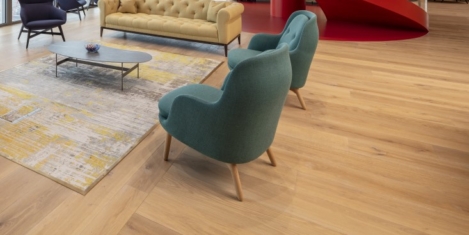
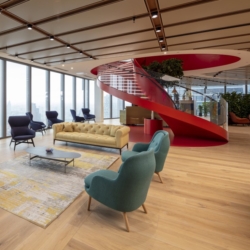
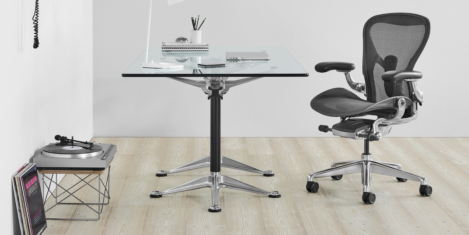
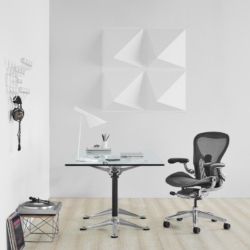




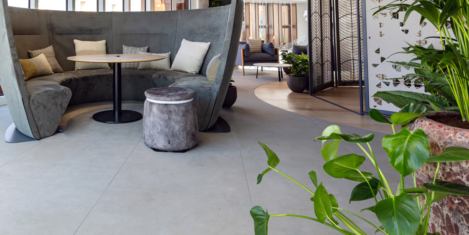

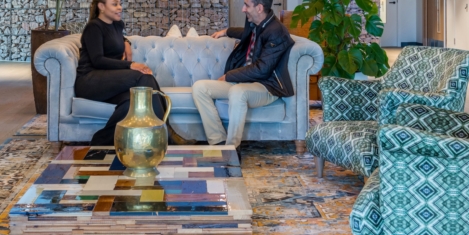
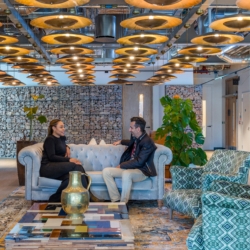


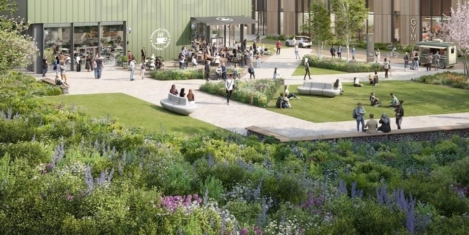
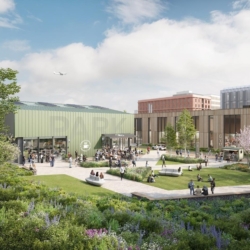









June 3, 2024
Forget Cannes. Commercial property sector hits the North to great effect
by Helen Parton • Cities, Comment, Property, Public Sector